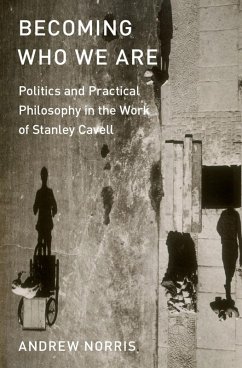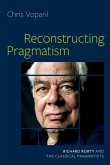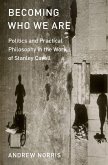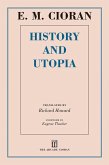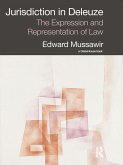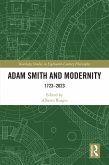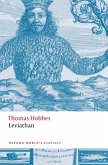While much literature exists on the work of Stanley Cavell, this is the first monograph on his contribution to politics and practical philosophy. As Andrew Norris demonstrates, though skepticism is Cavell's central topic, Cavell understands it not as an epistemological problem or position, but as an existential one. The central question is not what we know or fail to know, but to what extent we have made our lives our own, or failed to do so. Accordingly, Cavell's reception of Austin and Wittgenstein highlights, as other readings of these figures do not, the uncanny nature of the ordinary, the extent to which we ordinarily fail to mean what we say and be who we are.
Becoming Who We Are charts Cavell's debts to Heidegger and Thompson Clarke, even as it allows for a deeper appreciation of the extent to which Cavell's Emersonian Perfectionism is a rewriting of Rousseau's and Kant's theories of autonomy. This in turn opens up a way of understanding citizenship and political discourse that develops points made more elliptically in the work of Hannah Arendt, and that contrasts in important ways with the positions of liberal thinkers like John Rawls and J?rgen Habermas on the one hand, and radical democrats like Ernesto Laclau and Chantal Mouffe on the other.
Dieser Download kann aus rechtlichen Gründen nur mit Rechnungsadresse in A, B, BG, CY, CZ, D, DK, EW, E, FIN, F, GR, HR, H, IRL, I, LT, L, LR, M, NL, PL, P, R, S, SLO, SK ausgeliefert werden.

